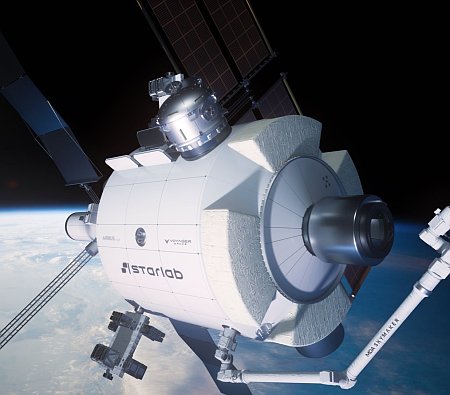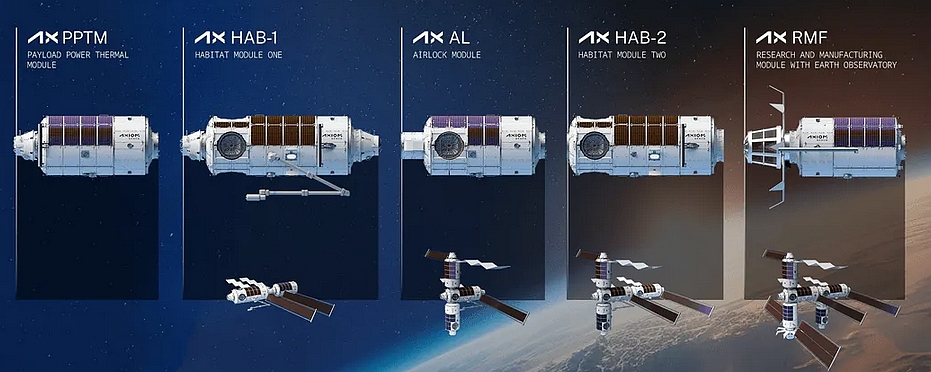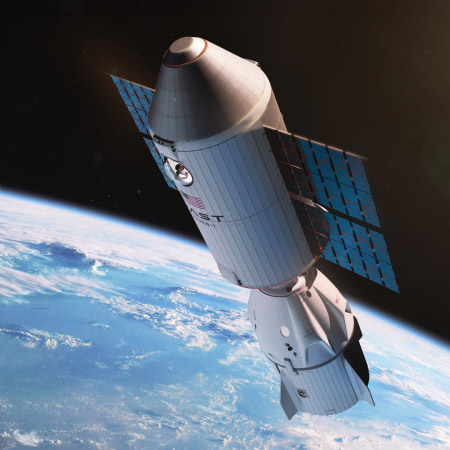Vast opens Japanese office
As part of its recent push to establish links with as many foreign governments as possible, Vast announced earlier this week the opening of a new Japanese office, to be headed by a retired Japanese astronaut.
In November Vast announced preliminary agreements with Uzbekistan, the Maldives, and Columbia. This new office in Japan continues that trend. The company is clearly marketing its demonstration single module space station Haven-1 to these international customers. None have yet committed to a flight, but expect a lot of action once Haven-1 launches in the spring and is proven operational. The company wants to fly four 30-day manned missions to the module during its three year mission, and if launched successfully these international customers are likely to sign on for flights.
As part of its recent push to establish links with as many foreign governments as possible, Vast announced earlier this week the opening of a new Japanese office, to be headed by a retired Japanese astronaut.
In November Vast announced preliminary agreements with Uzbekistan, the Maldives, and Columbia. This new office in Japan continues that trend. The company is clearly marketing its demonstration single module space station Haven-1 to these international customers. None have yet committed to a flight, but expect a lot of action once Haven-1 launches in the spring and is proven operational. The company wants to fly four 30-day manned missions to the module during its three year mission, and if launched successfully these international customers are likely to sign on for flights.




